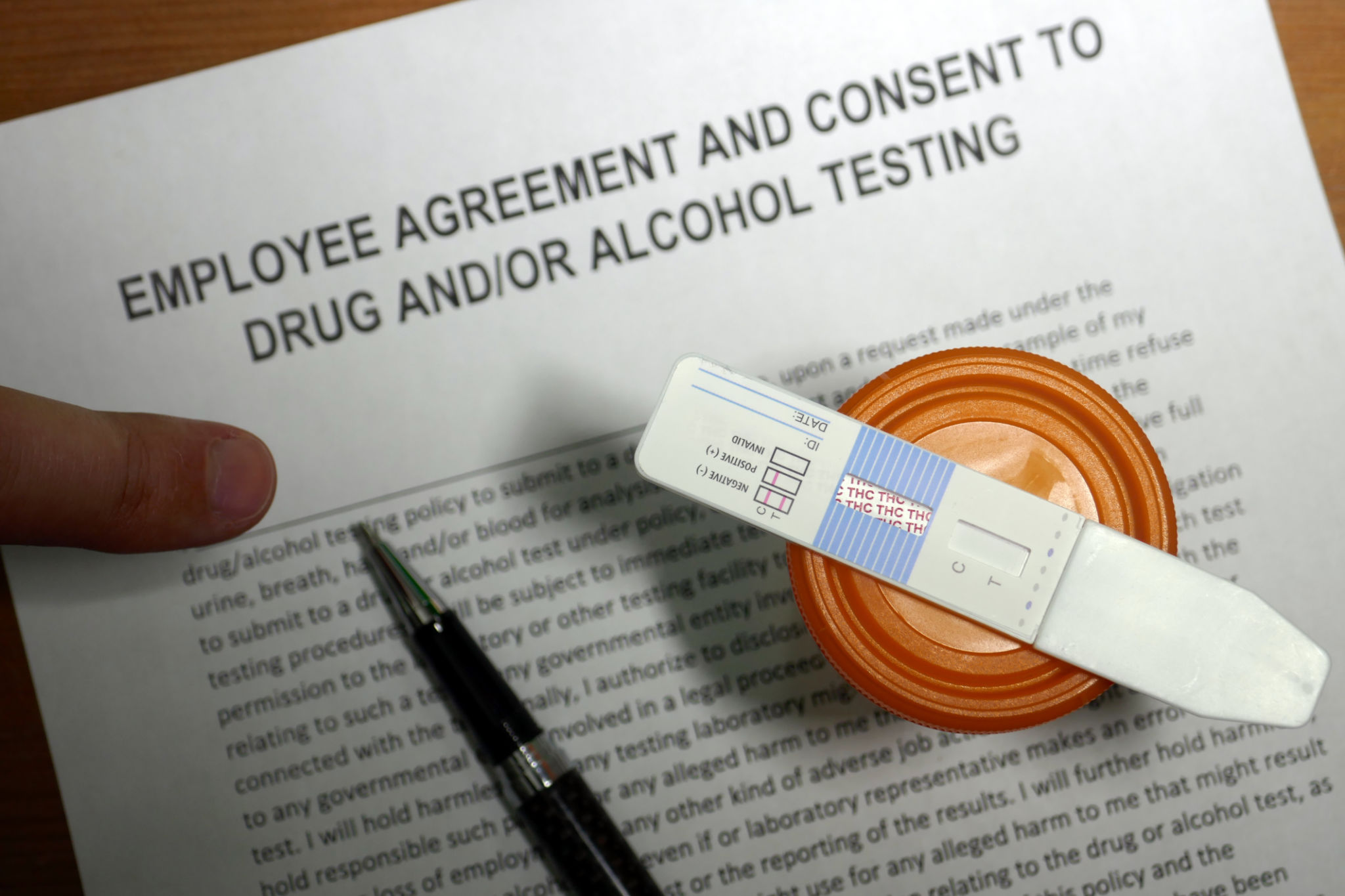Expert Tips for Preparing for a Court-Ordered Drug Test
Understanding Court-Ordered Drug Tests
When faced with a court-ordered drug test, it’s crucial to understand what it entails. Typically, these tests are mandated by the court for individuals involved in legal proceedings related to substance use. The purpose is to ensure compliance with the law and to confirm that individuals are adhering to any rehabilitation or probation requirements. Being prepared not only means understanding the process but also knowing what is expected of you.

Know the Types of Drug Tests
There are several types of drug tests, and knowing which one you will undergo is important. Common types include urine, hair, saliva, and blood tests. Each type has different detection windows and substances they can identify. Urine tests are the most common due to their cost-effectiveness and efficiency. Hair tests, on the other hand, can detect drug use over a longer period.
It’s advisable to ask the court or your legal representative which test will be administered so you can prepare accordingly. Understanding the detection window for different substances can help you anticipate what might show up in your results.
Preparing Mentally and Physically
Preparation is key when it comes to passing a court-ordered drug test. Mental preparation involves understanding the consequences of the test results and coming to terms with the necessity of compliance. Remember that this is an opportunity to demonstrate responsibility and accountability.

Physically, it’s important to maintain good health practices leading up to the test. Staying hydrated, eating a balanced diet, and getting plenty of rest can all contribute positively to your overall well-being and may aid in natural detoxification processes.
Legal and Medical Advice
If you have been prescribed medication that could affect the test results, it is crucial to inform the testing authorities beforehand. This ensures that your results are interpreted correctly. Seeking legal advice from your attorney can provide guidance on how to handle such situations effectively.

Additionally, consulting with a healthcare professional can offer insights into how certain medications or health conditions might impact your test results. Transparency with both your legal and medical advisors is essential for a smooth testing process.
Avoiding Common Pitfalls
One of the most common mistakes individuals make is attempting to alter or tamper with their test results. This includes using synthetic urine or detox drinks that promise quick cleanses. Such actions can lead to serious legal consequences, including charges of falsifying evidence.
Instead, focus on natural methods of preparing for the test and rely on professional advice for any specific concerns you might have regarding the outcome. Remember, honesty is always the best policy when dealing with legal proceedings.
After the Test
Once the test is completed, it’s important to understand what happens next. Results are typically sent directly to the court or your legal representative. It’s essential to wait for official communication before jumping to conclusions about the outcome.

If the results are unfavorable, work with your attorney to understand your options moving forward. Regardless of the outcome, use this experience as a stepping stone towards a healthier lifestyle and compliance with court mandates.
